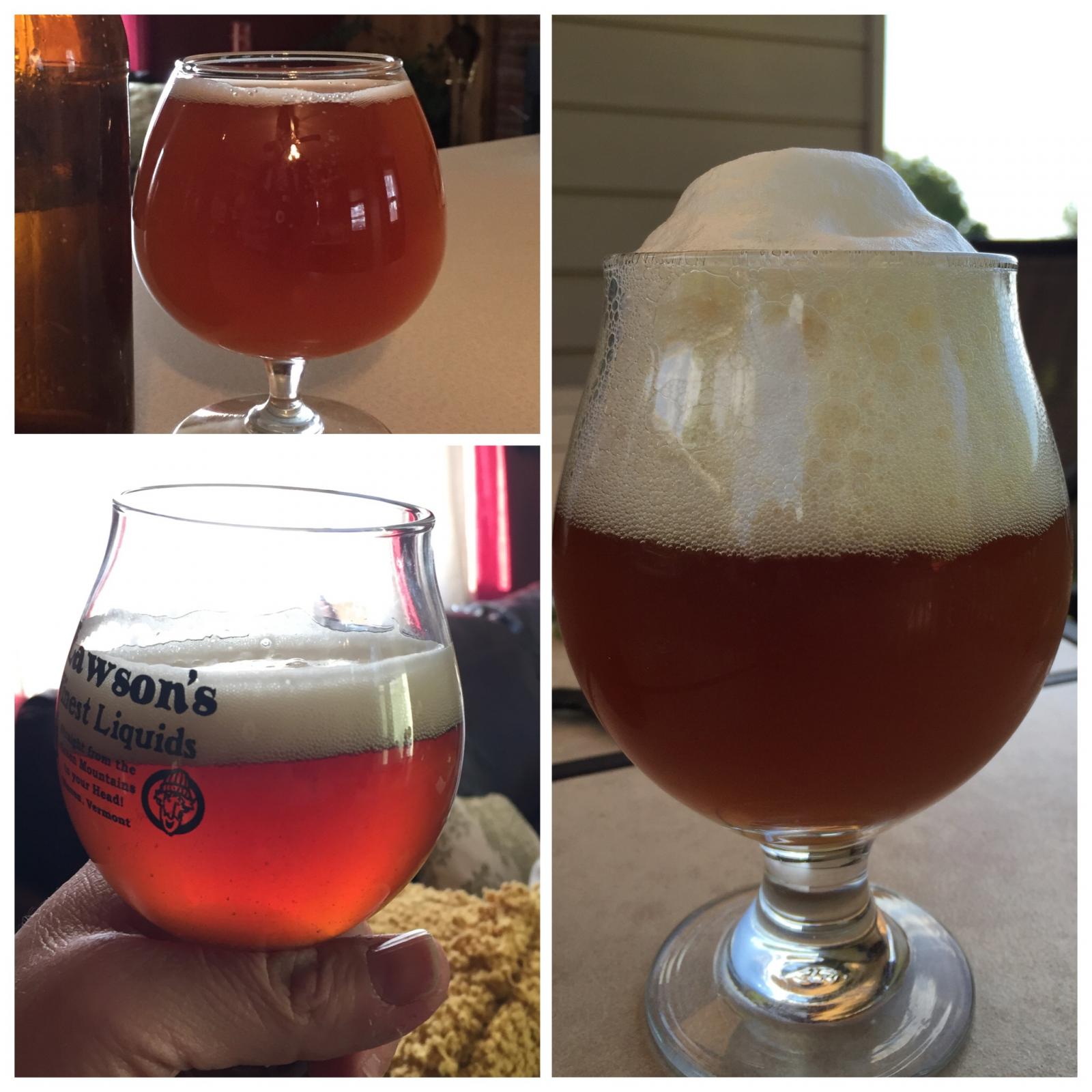Happydad1689
Well-Known Member
- Joined
- Dec 12, 2014
- Messages
- 171
- Reaction score
- 11
I have stored 2 different beers for several months in an attempt to see how they age. In both cases the ones that I store in the fridge for the months gush when opened. Why is this?
I'm not sure if it matters to say they were laying down in the fridge......
I'm not sure if it matters to say they were laying down in the fridge......



